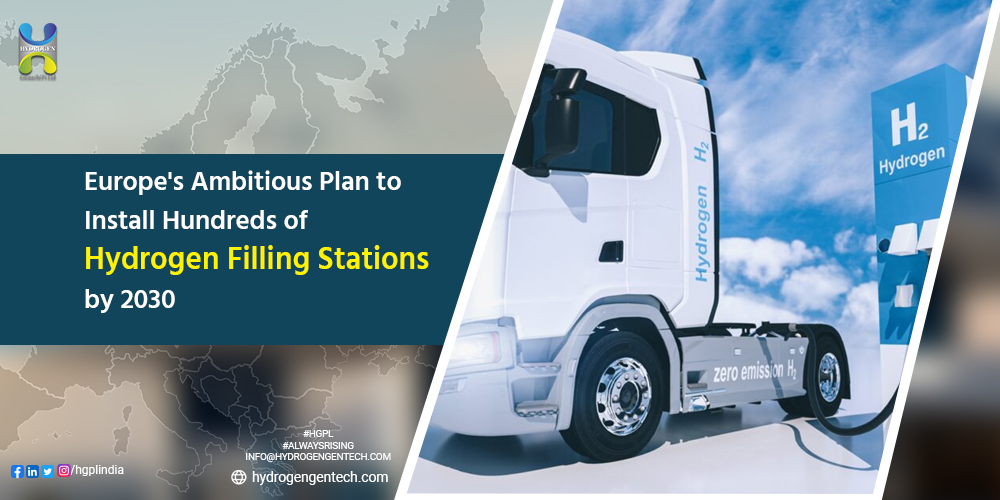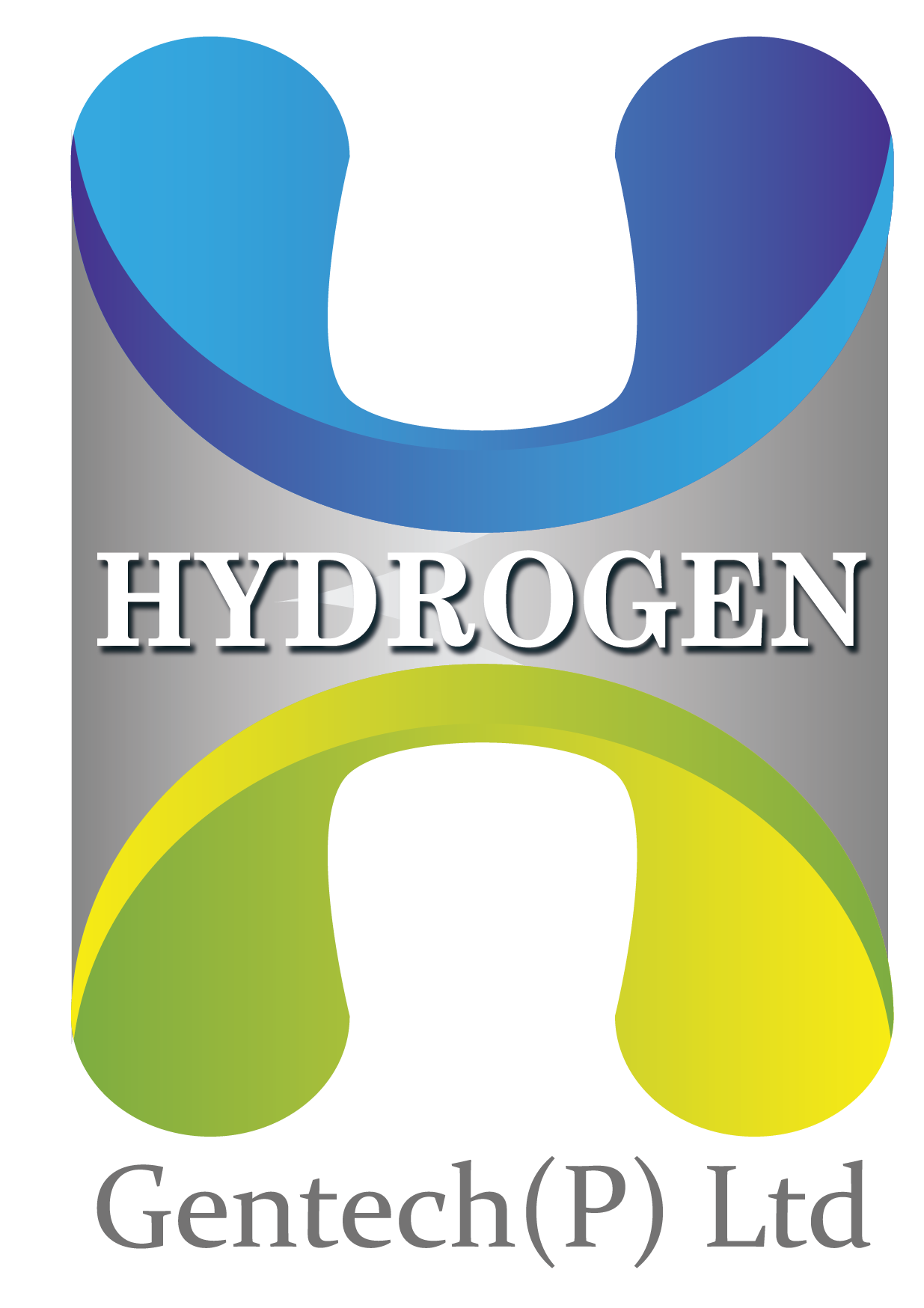
Introduction
The world is at a critical juncture in its pursuit of sustainable energy solutions. As the devastating impacts of climate change become increasingly evident, the urgency to transition to cleaner and greener alternatives has never been more pressing. In this context, hydrogen emerges as a key player in the race to decarbonize various sectors of the economy. Acknowledging the immense potential of hydrogen as a clean energy source, Europe has taken a significant step forward. With the final approval of the Action Framework for the Deployment of Hydrogen Refueling Infrastructure (AFIR), Europe is set to install hundreds of hydrogen filling stations across the continent by 2030. This landmark decision is a game-changer in the quest for a sustainable future. In this blog, we delve into the significance of AFIR’s approval and its potential to shape the energy landscape of tomorrow.
AFIR: Empowering Hydrogen Mobility
The AFIR is a comprehensive strategy devised by the European Union (EU) to accelerate the deployment of hydrogen refueling infrastructure. One of the major barriers to the widespread adoption of fuel cell vehicles (FCVs) has been the lack of a robust network of hydrogen filling stations. AFIR aims to address this challenge by facilitating the establishment of hundreds of hydrogen refueling stations throughout Europe. With targeted investments, policy incentives, and coordinated efforts among EU member states, AFIR will serve as a catalyst for the growth of hydrogen mobility, empowering a cleaner and more sustainable transportation sector.
A Greener Horizon for Transport
The transportation sector accounts for a substantial portion of global greenhouse gas emissions. To meet ambitious climate targets, decarbonizing this sector is imperative. Hydrogen fuel cell vehicles offer a promising solution, as they emit only water vapor, producing zero tailpipe emissions. However, for FCVs to become a viable option for consumers, a reliable network of refueling infrastructure is essential. AFIR’s approval signals a resolute commitment to making green mobility a reality. With a comprehensive hydrogen refueling network in place, consumers can embrace fuel cell vehicles with confidence, reducing their carbon footprint and fostering sustainable transportation options.
Driving Technological Advancement
The approval of AFIR not only accelerates the deployment of hydrogen filling stations but also stimulates innovation and technological advancements. As the demand for hydrogen increases, companies will be incentivized to develop more efficient and cost-effective hydrogen production methods, storage solutions, and fuel cell technologies. This drive for innovation will not only benefit the transportation sector but also extend to other industries, such as energy production, heavy manufacturing, and grid balancing.
Boosting Economic Growth and Job Creation
The installation of hundreds of hydrogen filling stations is not merely an environmental initiative; it is also an economic one. The AFIR’s ambitious plan will create numerous economic opportunities and foster job growth. The construction, operation, and maintenance of hydrogen filling stations will generate employment and stimulate local economies. Additionally, investments in hydrogen infrastructure will spur the growth of hydrogen-related industries, propelling Europe to the forefront of the global hydrogen market.
A Unified Vision for a Greener Future
The approval of AFIR exemplifies the power of collaboration among EU member states. By adopting a unified vision for hydrogen mobility and refueling infrastructure, Europe is demonstrating its commitment to combating climate change and achieving its carbon reduction goals. This collective effort is crucial in making the hydrogen economy a reality and ensuring a sustainable and prosperous future for generations to come.
Conclusion
The final approval of the Action Framework for the Deployment of Hydrogen Refueling Infrastructure marks a defining moment in Europe’s pursuit of sustainable energy solutions. By committing to install hundreds of hydrogen filling stations by 2030, Europe is not only transforming its transportation sector but also leading the way in the global effort to combat climate change. AFIR’s strategic approach, backed by collaboration, investments, and innovation, positions Europe as a pioneer in hydrogen mobility and green energy solutions. As the world watches this ambitious plan unfold, Europe sets a compelling example for the rest of the globe to embrace hydrogen as a powerful force in shaping a cleaner, greener, and more sustainable future.

